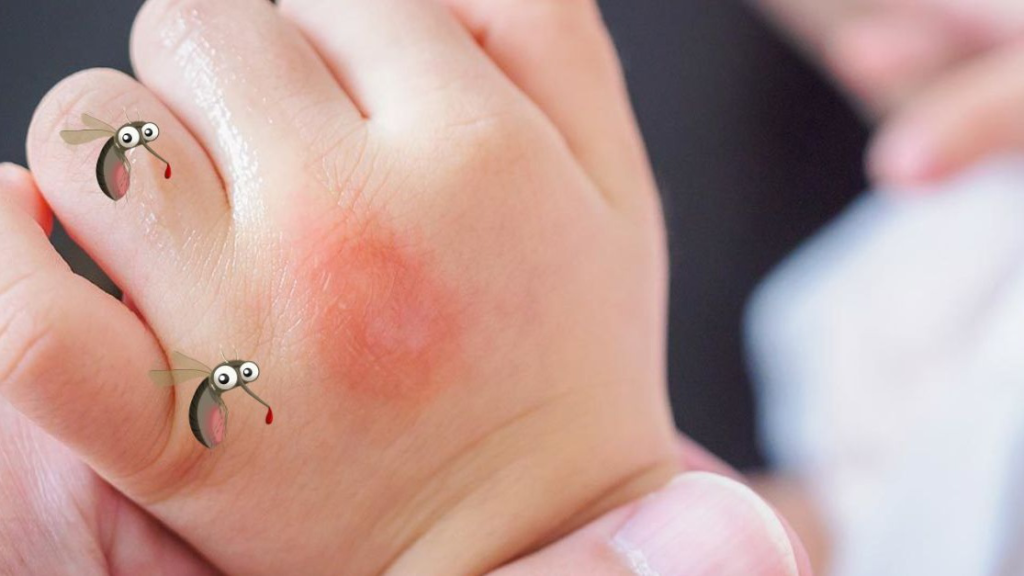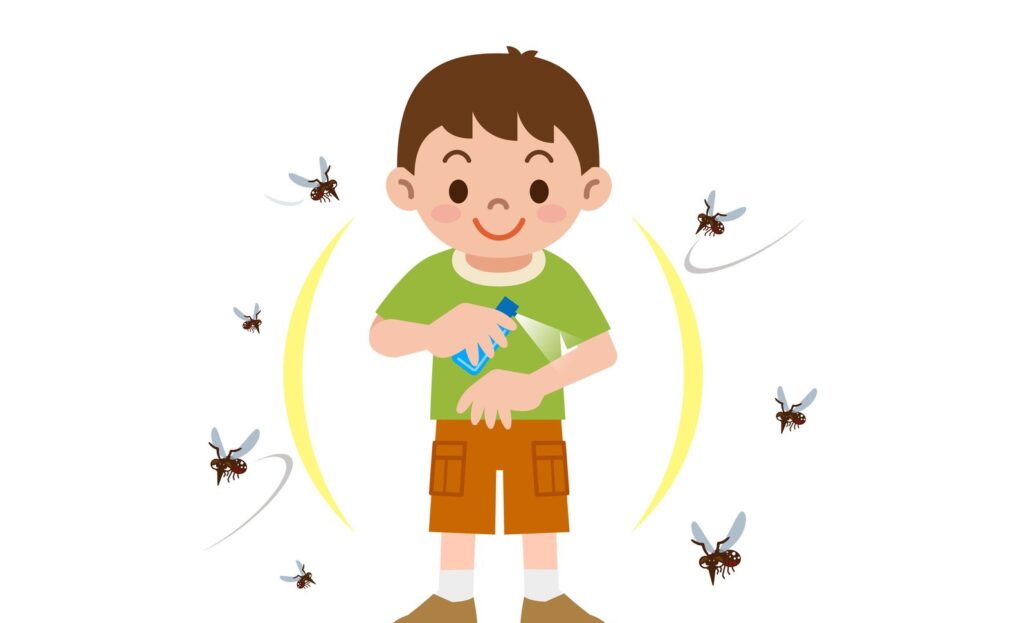
Safe ways to protect children from insects at home
Safe ways to protect children from insects at home
Parents often wonder how to protect children from insects. Mosquitoes are the most common, but ants, flies, moths, or even certain beetles can also cause harm. Taking early action is important to keep children safe at home.
Why are children more vulnerable to insect bites?
Children naturally release more CO2 and lactic acid during play. These chemical signals attract many insects. In addition, their skin is soft and sensitive, which makes reactions stronger. A small sting that barely affects adults can cause rashes, swelling, or discomfort in children. This is why parents need to protect children from insects using multiple strategies.

Maintain a clean home environment
One of the best ways to reduce insects is by removing their breeding spots. Eliminate stagnant water and trim dense bushes around the house. Summer months create ideal conditions for mosquitoes to spread. Families should spray mosquito repellent properly and safely, following instructions. Always keep the house well-ventilated after spraying.
Mosquito repellent cream can also be helpful. Parents should choose trusted products designed for sensitive skin. This adds another layer of protection.
Dress and supervise children carefully
Long-sleeved clothing helps limit exposed skin. Parents should also guide kids to avoid areas with thick vegetation or standing water. Encourage play indoors or in safe outdoor spaces. These small actions can greatly reduce insect contact.

Natural and mechanical solutions
Planting herbs such as lemongrass, mint, or basil around the house helps repel insects naturally. These plants are harmless and often provide additional health benefits.
Mosquito screens are another highly effective method. They create a physical barrier that blocks mosquitoes, flies, and even tiny insects like ants. This simple tool can protect children from insects every day without using chemicals.
Conclusion
To protect children from insects, parents should combine hygiene practices, natural remedies, and protective barriers. With consistent care, children can enjoy a cleaner, safer, and healthier home environment.